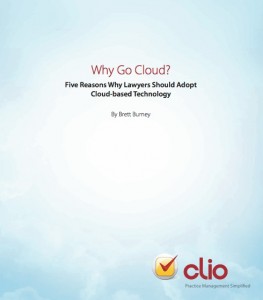 A few days ago Rocket Matter announced their integration with Dropbox and I wanted to share a few thoughts as to why this is significant.
A few days ago Rocket Matter announced their integration with Dropbox and I wanted to share a few thoughts as to why this is significant.
I talked with Larry Port and Ariel Jatib of Rocket Matter about why Dropbox integration was important to their SaaS-based practice management service. Larry echoed the same story he wrote in his guest post on The Mac Lawyer blog in that the initial request came from conversations at the 2010 ABA TECHSHOW (kind of a good reason to consider attending TECHSHOW 2011 next April! … as a disclaimer I currently serve on the TECHSHOW Planning Board and lead the “Mac Track”).
Rocket Matter’s decision to integrate Dropbox was also heavily confirmed this past November at MILOfest where “Dropbox” was the word-of-the-day at the conference.
What makes Dropbox so special?
I’m a big fan of Dropbox. I also like SugarSync, Live Mesh, and a host of other similar services, but Dropbox is just so simple to set up and use that I find myself recommending it to everyone. At the very least, I tell folks just sign up for the free 2GB account so it’s available for easy file sharing and provides another layer for backup and access (you can use my Dropbox referral link to get an extra 250MB extra for free).
 Dropbox is a “cloud” service, but when I talk about Dropbox with clients I don’t start in the clouds. In fact, I completely ignore the cloud aspect at first because Dropbox works with a LOCAL FOLDER on your computer. That LOCAL FOLDER is no different than your ~/Documents folder or any other local folder on your Mac. The only difference is that the Dropbox LOCAL FOLDER is constantly “backed-up” to the cloud. And if you have multiple computers (e.g. office/home, work/personal, etc.) that same LOCAL FOLDER can be synchronized on every machine.
Dropbox is a “cloud” service, but when I talk about Dropbox with clients I don’t start in the clouds. In fact, I completely ignore the cloud aspect at first because Dropbox works with a LOCAL FOLDER on your computer. That LOCAL FOLDER is no different than your ~/Documents folder or any other local folder on your Mac. The only difference is that the Dropbox LOCAL FOLDER is constantly “backed-up” to the cloud. And if you have multiple computers (e.g. office/home, work/personal, etc.) that same LOCAL FOLDER can be synchronized on every machine.
Dropbox is a cloud service, just like Rocket Matter, but Dropbox works with a LOCAL FOLDER on your machine. So using the Dropbox LOCAL FOLDER to store your documents is no different than using your local ~/Documents folder to store your documents. If you’re not connected to the Internet, you’ll still have access to your files stored in the Dropbox LOCAL FOLDER.
Continue reading →
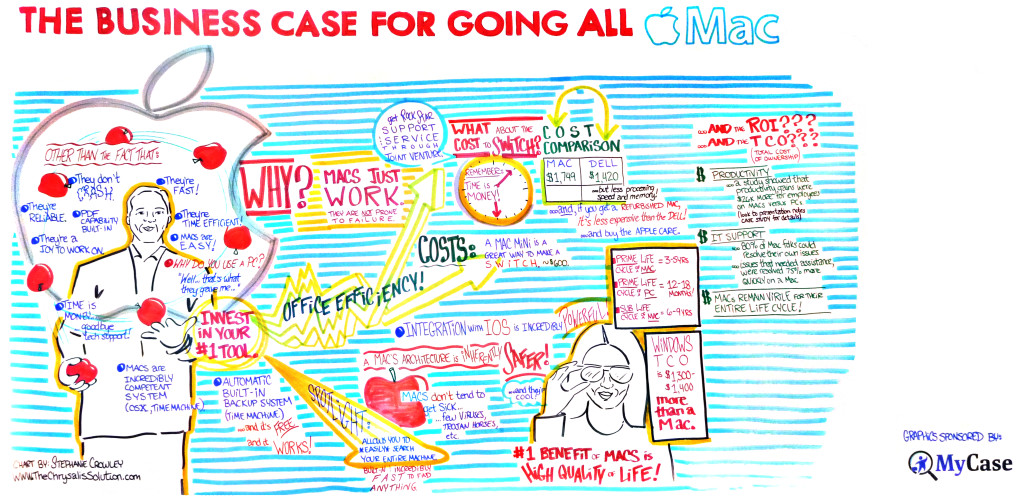

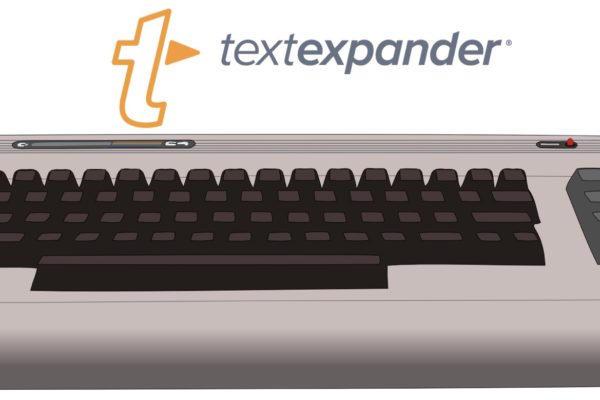
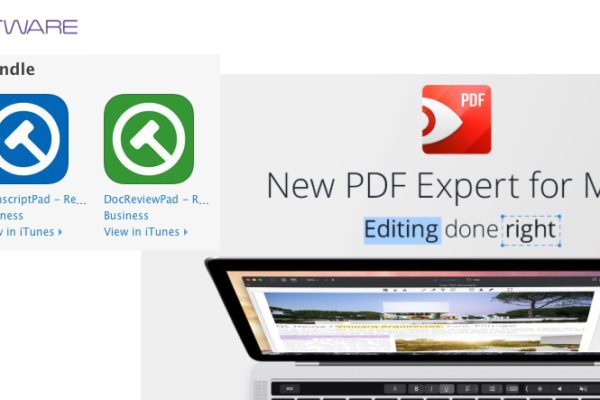


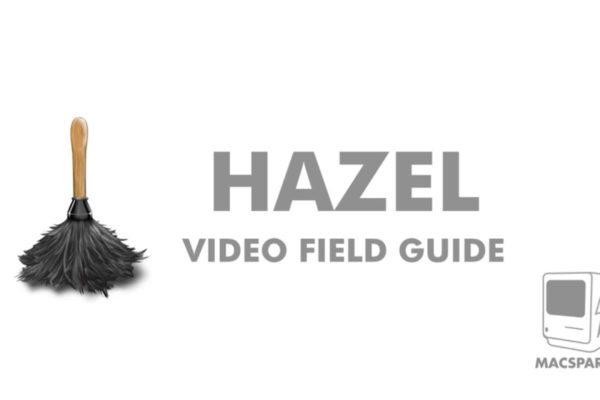
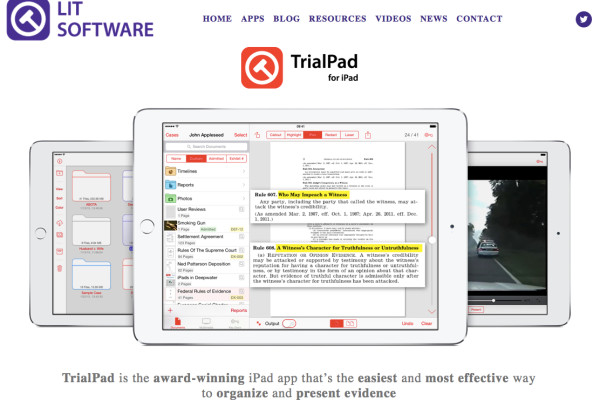
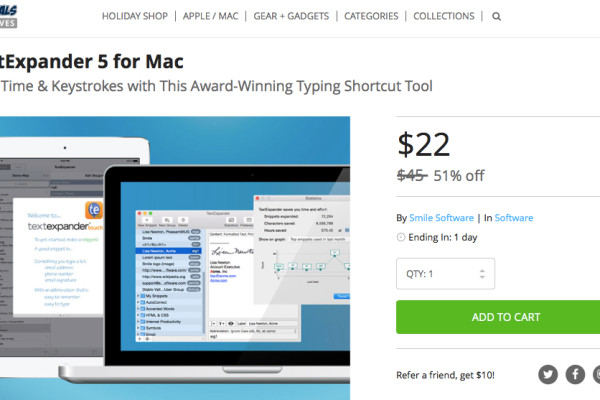
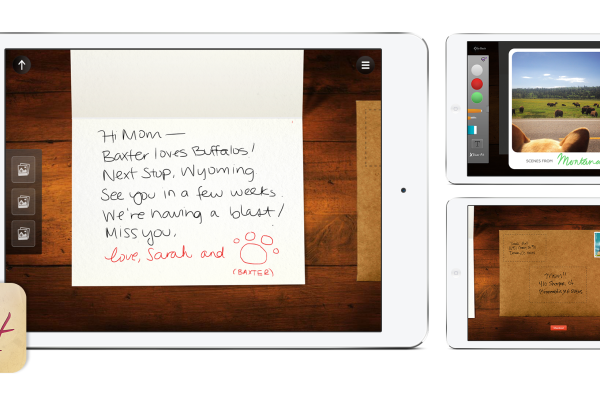

 A few days ago Rocket Matter
A few days ago Rocket Matter  Dropbox is a “cloud” service, but when I talk about Dropbox with clients I don’t start in the clouds. In fact, I completely ignore the cloud aspect at first because Dropbox works with a LOCAL FOLDER on your computer. That LOCAL FOLDER is no different than your ~/Documents folder or any other local folder on your Mac. The only difference is that the Dropbox LOCAL FOLDER is constantly “backed-up” to the cloud. And if you have multiple computers (e.g. office/home, work/personal, etc.) that same LOCAL FOLDER can be synchronized on every machine.
Dropbox is a “cloud” service, but when I talk about Dropbox with clients I don’t start in the clouds. In fact, I completely ignore the cloud aspect at first because Dropbox works with a LOCAL FOLDER on your computer. That LOCAL FOLDER is no different than your ~/Documents folder or any other local folder on your Mac. The only difference is that the Dropbox LOCAL FOLDER is constantly “backed-up” to the cloud. And if you have multiple computers (e.g. office/home, work/personal, etc.) that same LOCAL FOLDER can be synchronized on every machine.